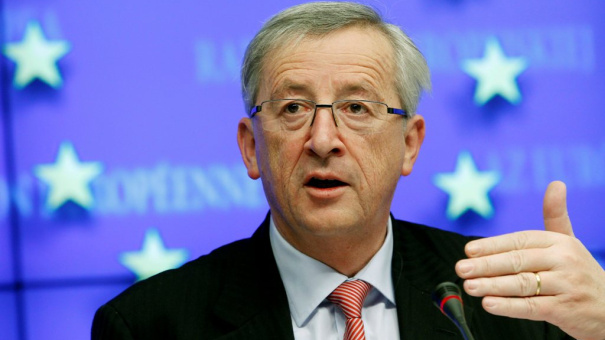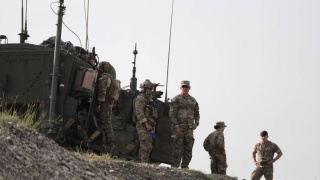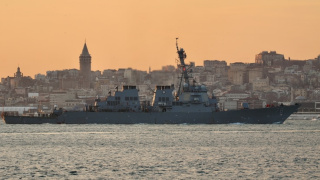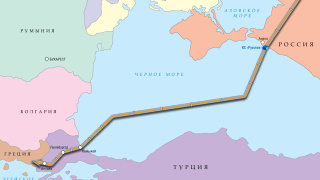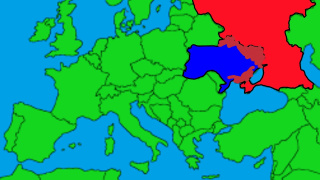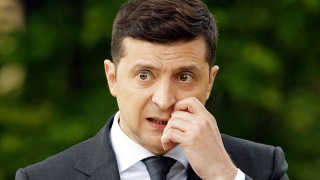See also
NATO Secretary General Jens Stoltenberg called on Georgia to prepare to become part of the Alliance. Accidents are not accidental.
This takes place...
The Republicans could make support for more Ukrainian aid conditional on a joint investigation into these claims and thus doom any deal and/or the...
NATO will concentrate 40,000 troops and 15,000 items of armament and military hardware near Russian borders, basically in the Black Sea and Baltic...
The terrible beauty of “frozen conflicts” is that it takes hardly any effort to turn up the heat and re-escalate them into hot violence, but pressing...
The European Union is concerned over the prospects of a resumption of the “Turkish Stream” pipeline construction. Reuters has reported this, citing a...
The Russian FSB averted terrorist acts in the Republic of Crimea that were being prepared by the Main Intelligence Directorate of the Ministry of...
The place of Ukraine in the geopolitical confrontation of Land and Sea has already been written about quite a lot and in some detail. Moreover, it is...
The European Parliament has just adopted a resolution which requires that the Union stop considering Russia as a strategic partner, but rather as an...
Yes, there is a lot of Euroscepticism in Austria and it is totally logical. There is a great dissatisfaction since Austria is now one of the two...
The anti-Russian faction of the US’ permanent military, intelligence, and diplomatic bureaucracies (‘deep state’) might be preparing to sacrifice...
Tax police determined that parachute systems, purchased in 2015 by the Ministry of Defence for 11.5 million hryvnia, had been written off in the same...
Turkish and EU leaders have gathered in Brussels for an emergency summit on tackling Europe's worst refugee crisis since World War Two.
The EU aims...
